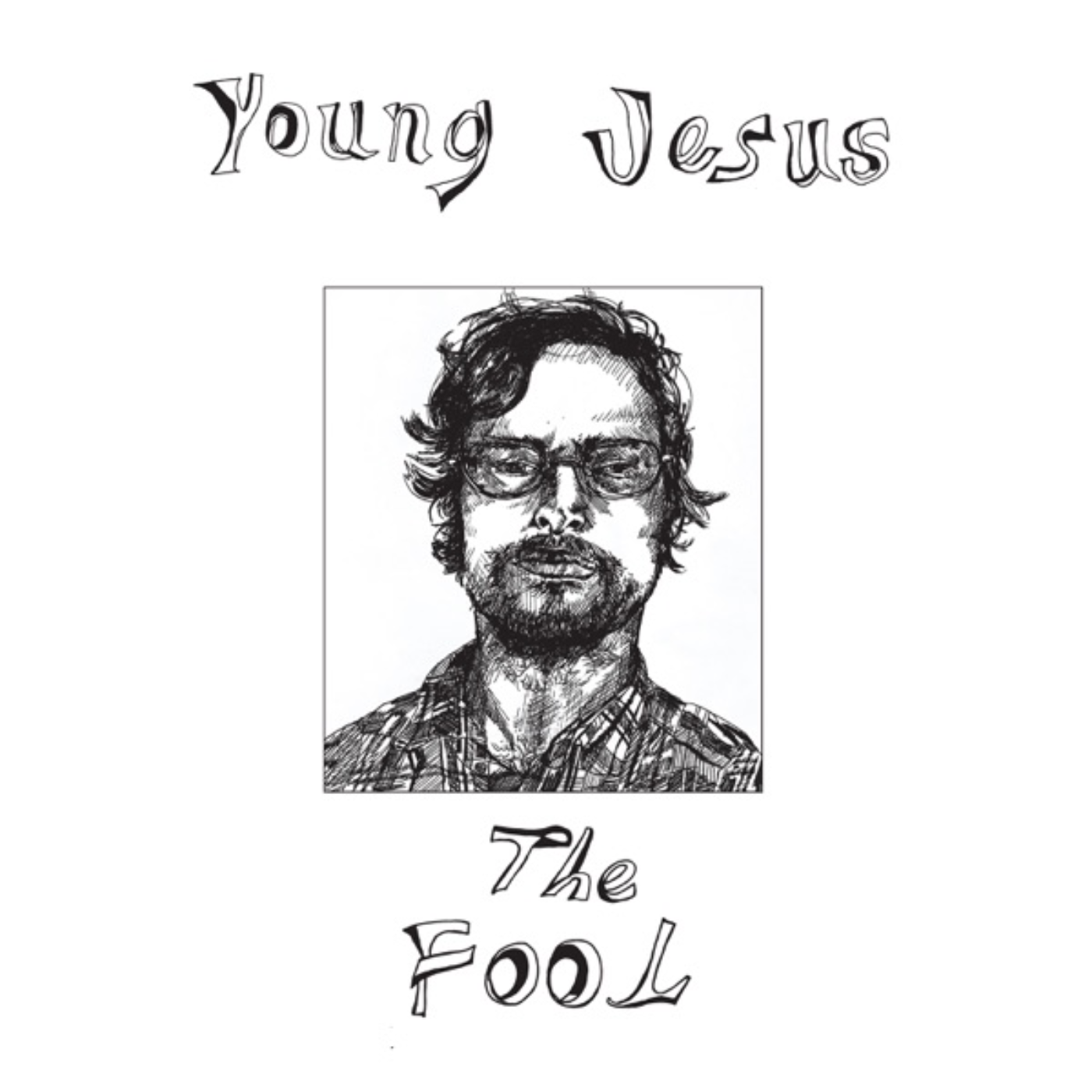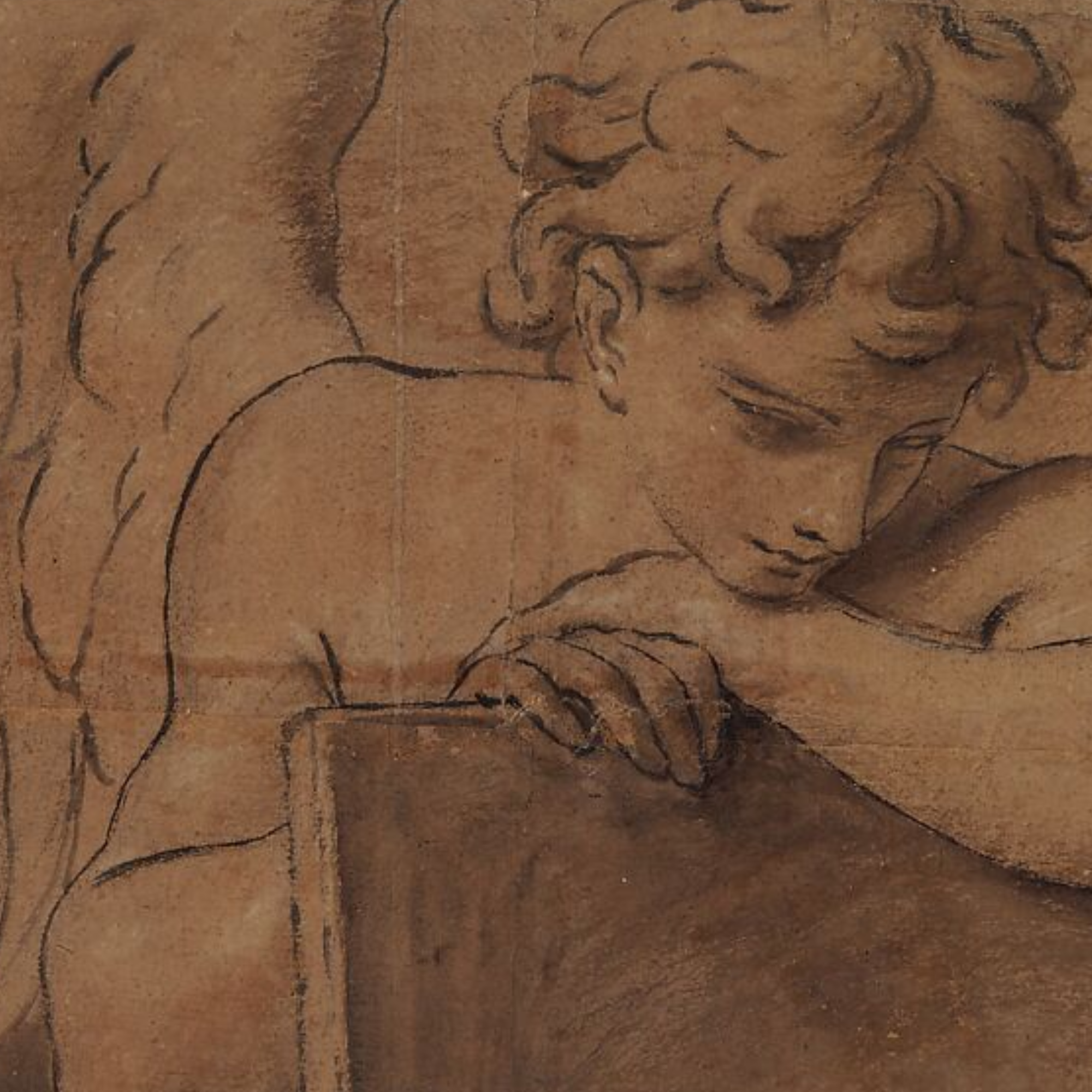- Magazine Dirt
- Posts
- The decay of lying...
The decay of lying...
...The decay of truth.

Max Blansjaar critiques ‘honesty’ as an aesthetic priority in popular music.
“Why is the poetry world pretending that poetry is not an art form?”
Around the last time Donald Trump was elected, a new kind of poetry was enjoying unprecedented levels of commercial success. It’s been termed Instapoetry: brief, blunt verse, often striking a confessional tone and with a clear moral message underpinning it. Shared on Instagram or presented in an Instagram-compatible format (square/thin rectangle), notables of the genre included Hollie McNish, Ocean Vuong, and Rupi Kaur (a personal favorite from Kaur’s oeuvre: a man / who / cries –a gift. So true!).
Many cultural commentators cheered these poets on—for ‘telling it like it is,’ or some variation of that phrase—but others were skeptical. “Like the new president,” the poet Rebecca Watts wrote in a 2018 essay for PN Review, “the new poets are products of a cult of personality, which demands from its heroes only that they be ‘honest’ and ‘accessible,’ where honesty is defined as the constant expression of what one feels, and accessibility means the complete rejection of complexity, subtlety, eloquence and the aspiration to do anything well.”
Swept up in the Instagramization of the 2010s, the contemporary poetry world saw an exaltation of ‘honesty’ as an aesthetic priority. Poetry not as craft, but as ‘outlet,’ with the goal not of developing ourselves and enriching our understanding of the world, but of sitting more comfortably with how we already were and what we already believed. Watts feared cultural decay. “If we are to foster the kind of intelligent critical culture required to combat the effects of populism in politics, we must stop celebrating amateurism and ignorance in our poetry.”
Meanwhile, a fixation on honesty continues to pervade popular arts discourse, music included.
There was some backlash to Watts’ essay—mainly because she referred to its targets as “a cohort of young female poets,” which did seem like asking for trouble—but eight years on, Trump is back, and nobody has really managed to temper her anxieties substantially or convincingly; not even Hollie McNish herself, in a frantic response posted on her personal website (“I have no words for this!”, “ah!”, she writes, offering little counter-evidence against the “complete rejection of eloquence” charge).
Meanwhile, a fixation on honesty continues to pervade popular arts discourse, music included. Indie scenesters have historically been the ones to agitate most over authenticity, but in the golden age of confessional pop music, the aesthetic concern with honesty isn’t limited to subculture anymore. Direct access to artists’ personal lives seems more reachable than ever; gone are the days of twentieth-century superhuman Princes and Madonnas, today’s objects of adoration are regular people with regular problems. The most commercially successful singers you know are proudly shunning the fakeness of the commercial sphere—like the new president, and the new poets, they tell us everything.
And the more they tell us, the better they are! Taylor Swift’s latest album, with its heavily Plath-coded promo materials, positions itself somewhere between a diary entry and a forensic blood test, “veins of thick black ink” being “enter[ed] into evidence”; flurries of end-of-year lists laud the honesty of Clairo, Fontaines D.C., Charli XCX, Charli XCX again…I scroll through TikTok and come across a popular British radio DJ explaining why BRAT is his favorite album of the year. “It just felt like a pop artist being truly honest,” he says, and his gaze softens into the camera. “I feel like we need more of that in pop music.”
Yes, me too—I hate it when songs lie to me. Did you know some movies are not real? Are you able to visualize a 3D object in your mind’s eye? When you see a mirror, do you feel the urge to attack it?
Yes, me too—I hate it when songs lie to me. Did you know some movies are not real?
Honesty is a strange aesthetic criterion to prioritize. Great confessional art was never about accurately representing reality, but about giving voice to the process of experiencing it—how we feel, not what we’re feeling, making lucid that which usually eludes full expression. Entire emotional worlds are conjured in gaps, between lines. Daniel Johnston had a reputation for wearing his heart on his sleeve, but the beauty of his songs comes precisely from the sense that their semantic content is overshadowed by something much bigger, that the grandest words (love, life, death) cannot contain what they actually mean, and that something of the ineffable manages to sneak through the cracks in his voice and bathe in the openness of his melodies. It’s not honesty as determined cognitively (true or false) that provokes the reaction, it’s affective power; the point with Johnston’s music is that in the end, there are no facts of the matter, only love, and pain, and terror.
“It is style that makes us believe in a thing,” Oscar Wilde wrote in his 1891 essay ‘The Decay of Lying’—he knew, mawkishly romantic though it is to say, that art has no responsibility to truth, because life as we know it is constructed through its imitation. “Where, if not from the Impressionists, do we get those wonderful brown fogs that come creeping down our streets, blurring the gas-lamps and changing the houses into monstrous shadows? […] Things are because we see them, and what we see, and how we see it, depends on the Arts that have influenced us.” There’s plenty of pop music that has had such an effect on its culture. BRAT is not the worst example in the world. It didn’t reproduce its conditions so much as it created a fiction departing from them: one where ugliness was in vogue, where Troye Sivan did not have a deeply embarrassing online footprint, and where panic attacks didn’t ruin parties but kind of made the drop go harder. Then it performed this fiction until it came true—which, soon enough, it did.
Great confessional art was never about accurately representing reality, but about giving voice to the process of experiencing it.
So why do some continue to pretend that music is not an art form? It’s worth noting the reactionary quality, brought out also in Watts’ analysis of Instapoetry, that the obsession over honesty and the suspicion of artifice share. The ‘honest’ artist is unable to conceive of anything other than what has already existed and is already here—honesty is not possible in the future tense, and so its adherents must constantly drag our attention back to the known present and into the past (nostalgia). No other world is possible.
This encourages the ‘honest’ (parasocial) fan. When artists attempt to maintain a separation between their art and their identity, the connections are made on their behalf, and when they attempt to cultivate a kind of performance that does not center only around personal confession but perhaps involves something like a character appearing distinct from their private self, when they attempt to turn their confession into something bigger, broader, their intimate lives are intruded anyway.
Honesty is not possible in the future tense, and so its adherents must constantly drag our attention back to the known present and into the past (nostalgia).
Are we so consumed by apocalyptic inertia that we’re unable to take anything other than our own familiar reality seriously anymore? “The Brat [sic] movement is not going away,” Spotify fat cat John Stein writes in the 2024 edition of the company’s typically bizarre, evil, and visually repulsive ‘Culture Next’ report. “We see Charli XCX’s raw, honest songwriting as part of a larger shift toward more autobiographical and honest songwriting. Artists like Zach Bryan, Noah Kahan, Gracie Abrams and Clairo are embracing a more raw, less precious, less polished approach, which is resonating with Gen Z.” He’s wrong about BRAT, and he typifies Spotify’s anti-art ideology. Its 2023 report also took aim at fakery, claiming that “[Gen Zs] want to break through the superficial surface they often find on social media—and discover more about culture, the world, and themselves. That’s why they turn to Spotify.”
As with so many of Spotify’s grand statements on culture, nobody knows what this actually means. Still, fuck you! The performatively honest broadcasting of our personal lives, the ceaseless urge to capture, document, and soundtrack every second of our daily reality, is just the thing making online life feel hollow, fraught, and depressing so much of the time. Where we struggle to imagine a future beyond the contemporary shitshow, nihilism leads the retreat inwards; in art as in politics. “What good is a flourishing poetry market,” Watts asked, “If what we read in poetry books renders us more confused, less appreciative of nuance, less able to engage with ideas, more indignant about the things that annoy us, and more resentful of others who appear to be different from us?” An analogous question might be asked about pop music, and the commitment to honesty that colors the discourse surrounding it.
Confessional art can be beautiful, and it can be terrible; either way, to love it only as a representation of what we already know is to deny it, and ourselves, a much richer complexity. Pop music is where fantasies are played out, turned into mansions and lived in, where five hundred people can tumble out of a clown car and every dream comes true. It’s not real, it’s something far more important.

FURTHER READING
|

